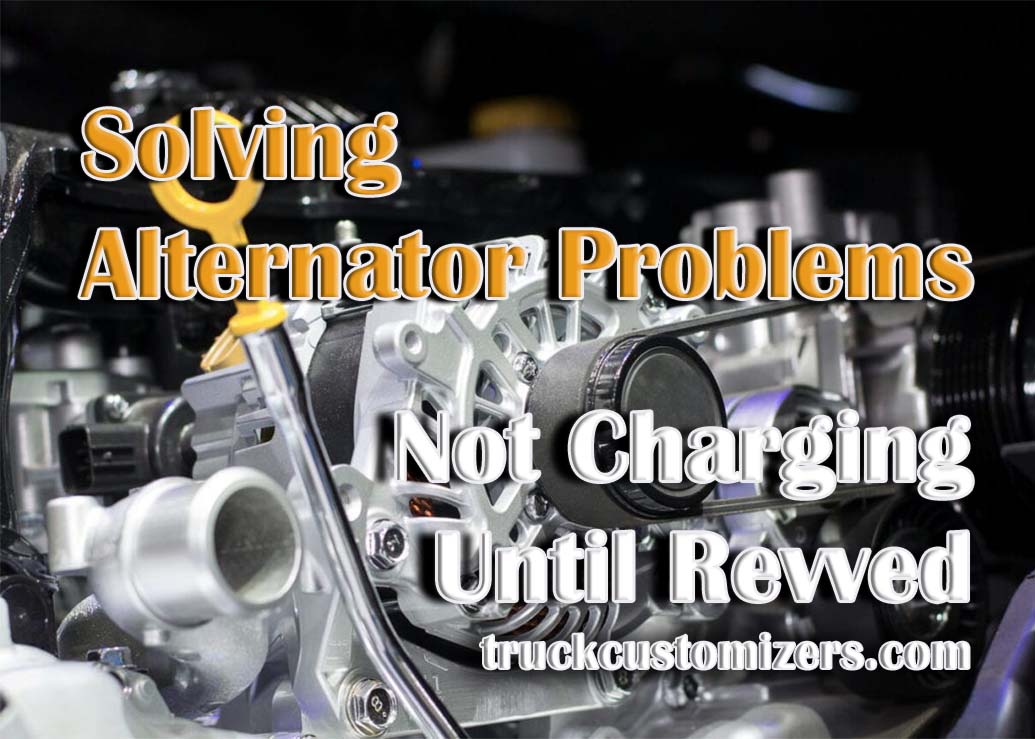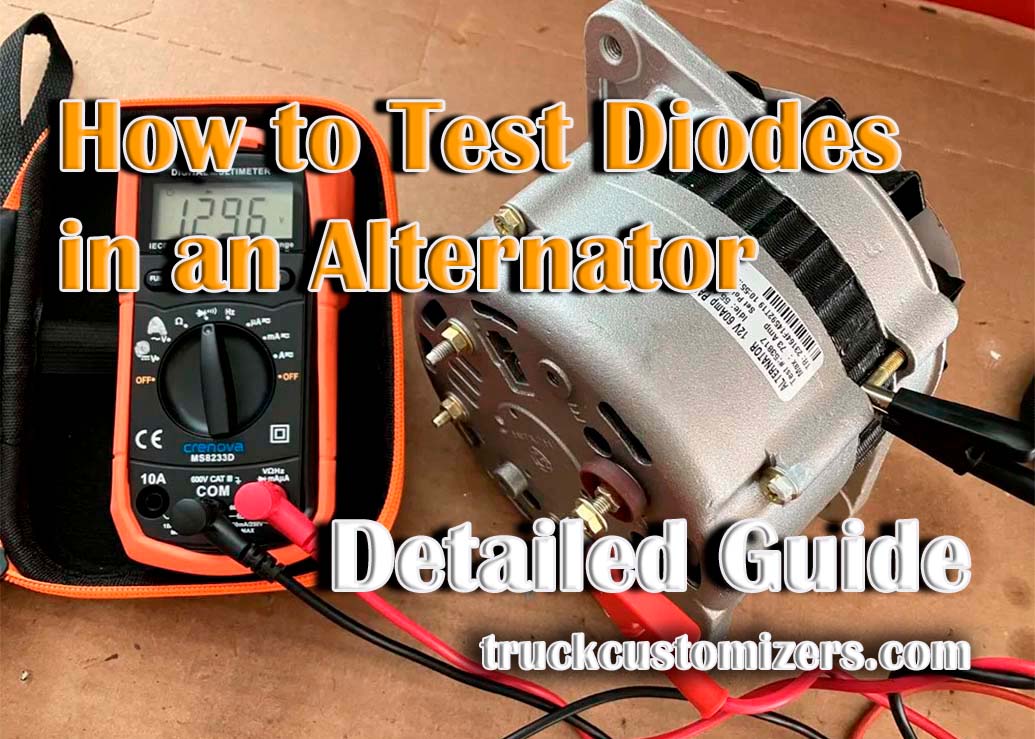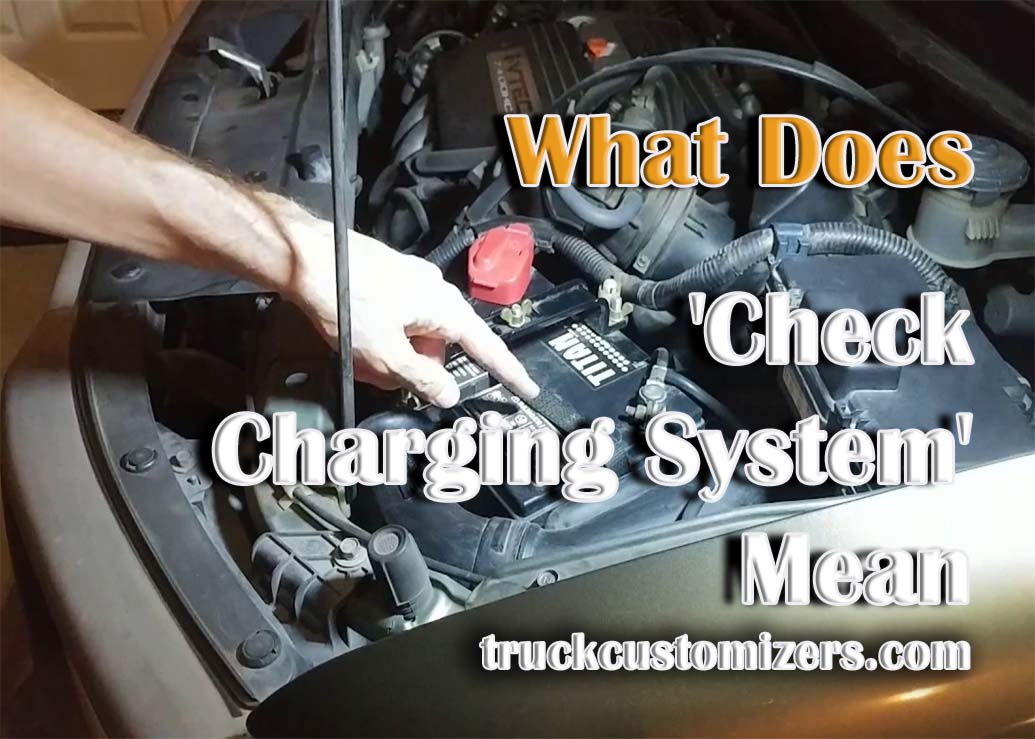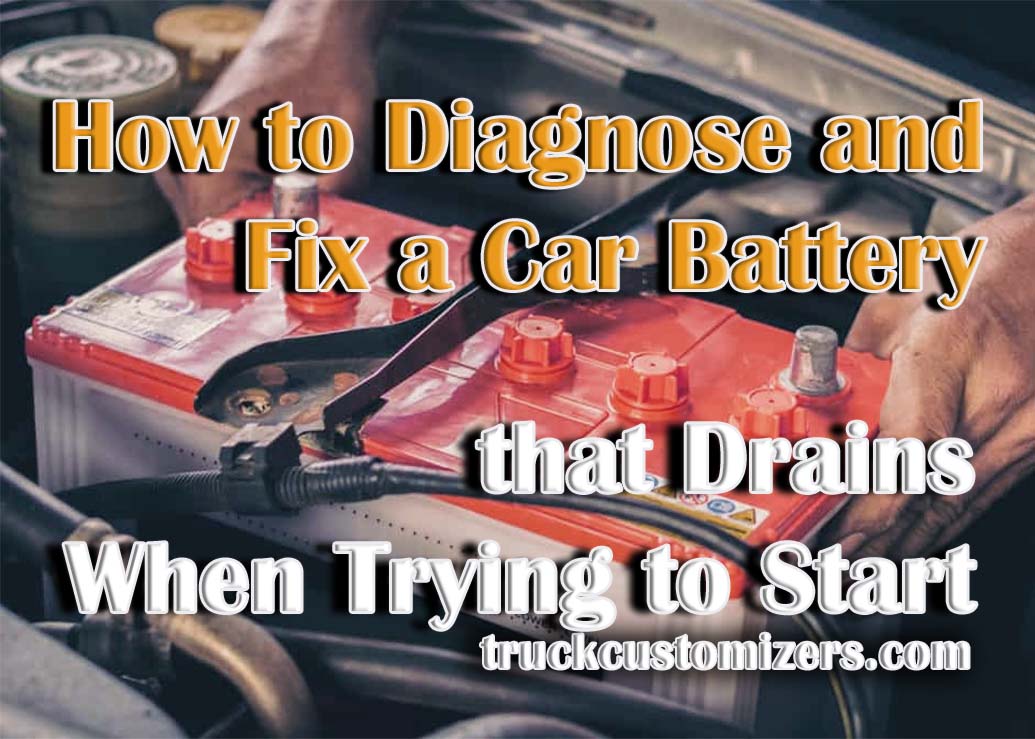When you turn the key to start your car and hear that familiar hum, you expect the engine to start right away. But if it doesn’t, and there’s a clicking sound coming from your alternator or battery, you might have a problem with your alternator not charging properly. This article will explain how to diagnose and fix an alternator that won’t charge until revved up.
What Is an Alternator?
An alternator is a device in cars that converts mechanical energy into electrical energy by using rotating parts such as pulleys, belts, rotors and stators to generate electricity for a car’s electrical system. It is responsible for keeping the battery charged and powering all of the car’s electrical components such as lights, radio, windshield wipers etc.
Common Causes of Charging Issues
Alternators often experience problems due to worn out or broken parts such as defective bearings or brushes, faulty voltage regulators, bad wiring connections or a failing diode rectifier unit in the alternator itself. These are some of the most common causes of charging issues on older cars with more than 100k miles on them since these parts wear out over time.
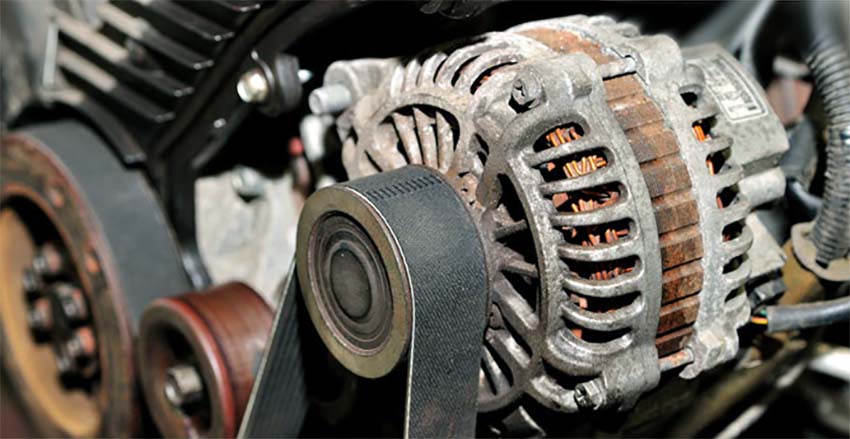
How to Troubleshoot an Alternator Not Charging Issue
The first step in troubleshooting an alternator that won’t charge until revved up is to check for a faulty connection between the alternator and the battery (such as Best Battery for Ford). Check all wiring connections between the battery and alternator, as well as any fuses or relays associated with them. If all connections are good then you can move on to checking the voltage regulator, which controls how much voltage is sent from the alternator to recharge your battery. A faulty voltage regulator could be causing your problem, so it is important to check it with a multimeter before proceeding with other repairs.
If you have ruled out these common issues, it may be time to take a closer look at your alternator itself for any worn out parts or damage due to age and use. Be sure to inspect all belts, pulleys and bearings for signs of wear or damage before proceeding further with repairs. If any of these components need replacing then you should replace them immediately if possible as they could be causing your charging issue when revved up.
Conclusion
The most common cause of an alternator not charging until revved up is due to a faulty connection or voltage regulator. However, other components such as worn out bearings, brushes, and pulleys could also be at fault. If you suspect any of these parts need replacing then it’s important to take the appropriate steps to diagnose and fix the problem before further damage occurs. With some patience and a little bit of knowledge, you can successfully diagnose and repair an alternator that won’t charge until revved up.
